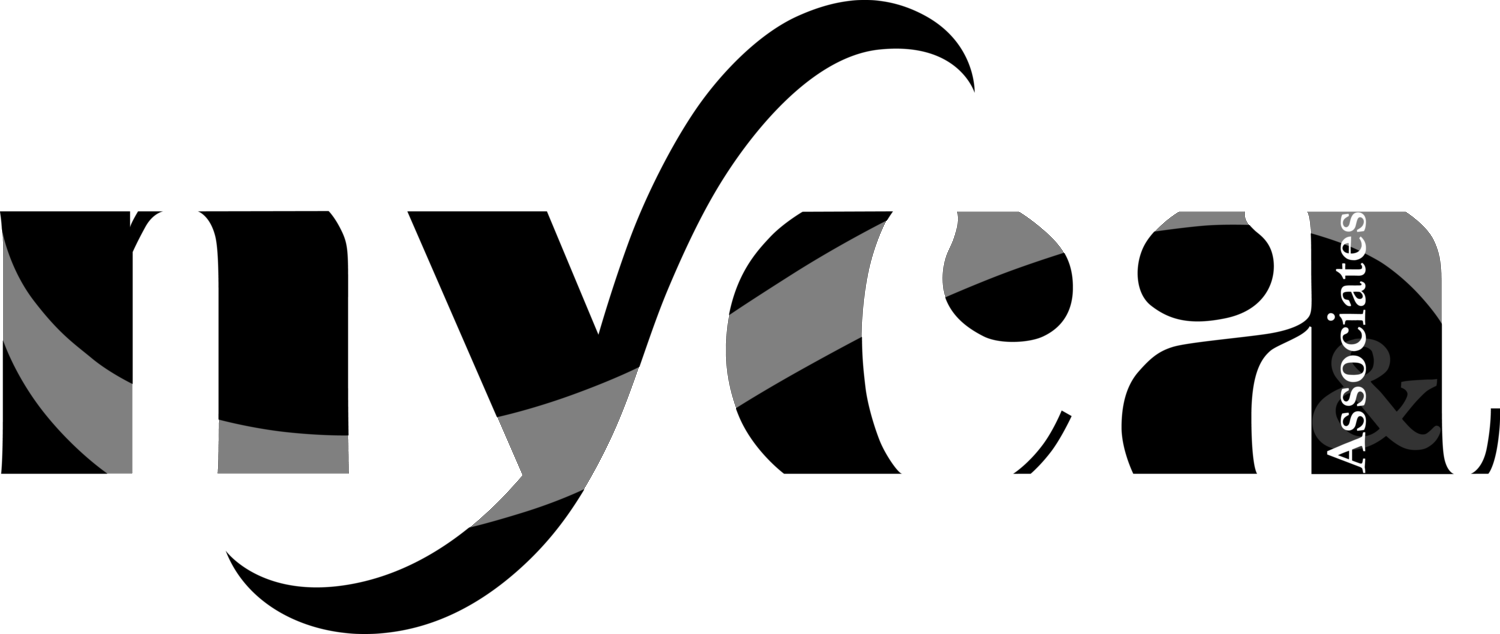About Us
// press
Concert Review: Various Artists, Piano Concerti at NYCA Winners Evening, NYC, 5/19/2012
Jon Sobel, blogcritics.org
March 23, 2012
 Original Link
Original Link
Yoonie Han, an NYCA-affiliated pianist, was given the evening’s centerpiece slot for an inspired performance of Chopin’s Piano Concerto No. 2 in F minor. Having had several opportunities to see Ms. Han perform, I have observed that she is equally adept at the strictly classical repertoire and the romantic flowerings of Chopin and Liszt. Here she infused the popular concerto with both a knowing feel and a fresh energy, ably escorted by a modest-sized orchestra conducted by Vince Lee, who was very well attuned to Ms. Han’s conversational rubato readings of Chopin’s thunderclouds.
The concerto is a youthful composition representative of the blossoming of a young composer’s joyous imagination. The beautiful piano passage at the close of the first movement was one of the shining moments of this performance; others occurred in the innocent-sounding chord changes of the slow second movement, seductive elements that wouldn’t feel foreign to any composer of late 20th-century pop music.
Two young pianists previously unknown to me rounded out the program. Alexei Tartakovski, born in Moscow and raised in the U.S., won NYCA’s Second International Concerto Competition for Pianists last year.
His athletic performance of Beethoven’s Piano Concerto No. 4 in G major elicited spontaneous audience applause after the spectacularly splashy first movement, and this from a knowledgeable crowd aware that in these strait-laced modern times applause between movements is frowned upon in the classical world.
From the stately repeated chords of its opening, the movement exploded into a skyful of fireworks. The somewhat muffled acoustics of the church were less than kind to some of the faster piano passages, even in the cadenza – and Mr. Tartakovski took some of these passages at high speed indeed – but when all the rhythmic complexity and flash were said and done, only the most sour of critics could have faulted the audience for applauding prematurely.
The second movement with its soft-spoken motifs and extended trills unfolded in a lovely slow ripple of piano, enclosed in powerful unison orchestral figures; the third rang down the figurative curtain with declarative majesty.The acoustics were harsher to the final piece on the program, Rachmaninoff’s Piano Concerto No. 3 in D minor, played by Wael Farouk, another concerto competition winner. This towering piece has so much going on that with anything but crystalline clarity of sound, something is lost. Nevertheless Mr. Farouk played with bold spirit and merited an ovation of his own at the end, having made the challenging material look almost easy. His decisive performance provided a fitting cap to an evening that showed how three highly contrasting concerti from different eras can complement one another as well.
